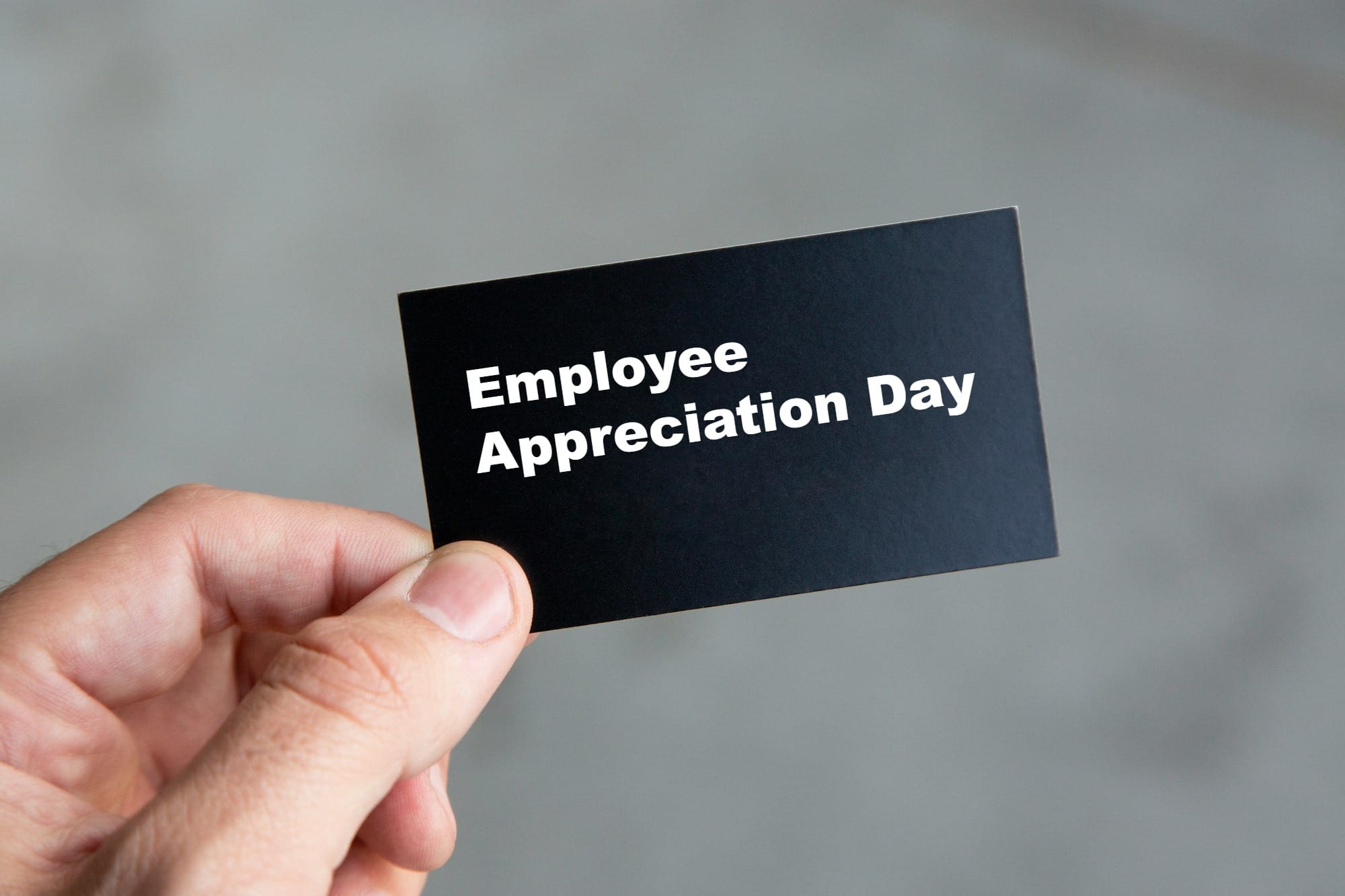The recent $1.4 million settlement between LeoPalace Resort and the EEOC sends a strong message to employers everywhere: national origin discrimination will not go unnoticed. This case, which involved unfair pay disparities between American and Japanese employees, highlights a glaring issue in workplace equality—one that companies must address proactively before finding themselves in a costly legal battle.
What Went Wrong at LeoPalace?
According to the EEOC, LeoPalace Resort engaged in discriminatory employment practices for nearly a decade, systematically paying American employees less than their Japanese counterparts despite holding similar or even lesser roles. This kind of wage disparity based on national origin is a clear violation of Title VII of the Civil Rights Act of 1964.
What’s particularly concerning is that the issue persisted for years before being brought to court. The EEOC had to step in after failed attempts at a pre-litigation settlement—meaning that had LeoPalace acted sooner, they might have avoided such a high-profile and costly outcome.
The Bigger Picture: What This Means for HR Professionals
As HR professionals, cases like this should serve as an urgent reminder to audit internal pay structures and employment practices regularly. Discrimination—whether intentional or not—can lead to significant financial and reputational damage. Employers must ensure that:
- Compensation and benefits are equitable across all nationalities and demographics.
- Workplace policies are structured to prevent implicit biases in hiring, promotions, and pay decisions.
- Regular training is provided to leadership and employees on anti-discrimination laws.
LeoPalace’s Road to Redemption
Beyond the financial settlement, LeoPalace Resort has agreed to take meaningful steps to rectify its past missteps. These include:
- Hiring an external equal employment opportunity monitor.
- Providing anti-discrimination training for employees and leadership.
- Implementing new policies to ensure compliance with federal laws.
- Offering reinstatement opportunities for affected employees.
This level of oversight should serve as an example for other companies—proactive compliance is far less expensive than reactive litigation.
A Final Thought
Discrimination in any form has no place in today’s workforce, and cases like LeoPalace’s prove that ignoring these issues can come at a steep cost. While the resort’s willingness to settle and adopt new measures is commendable, it’s clear that companies cannot afford to overlook workplace equity.
For HR leaders and business owners alike, let this be a moment of reflection. Are your workplace policies truly fair and unbiased? If not, now is the time to act—before the EEOC does it for you.






Related Posts
Get Noticed and Recognized at Work (Without Feeling Fake)
Mar 07, 2025
The Real Way to Appreciate Employees (Without Breaking the Bank)
Mar 07, 2025
Unlocking Peak Performance: Motivating Employees Without a Pay Raise
Mar 05, 2025